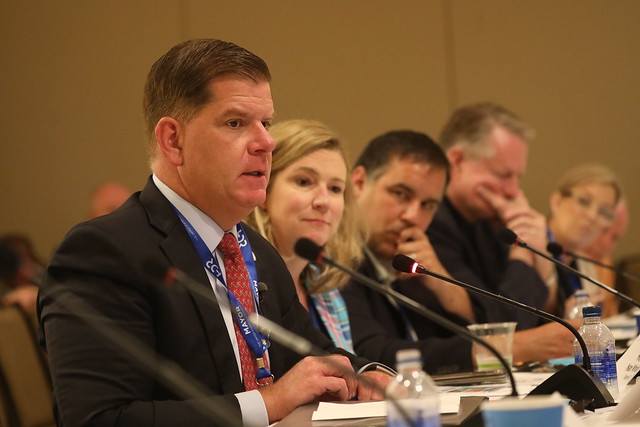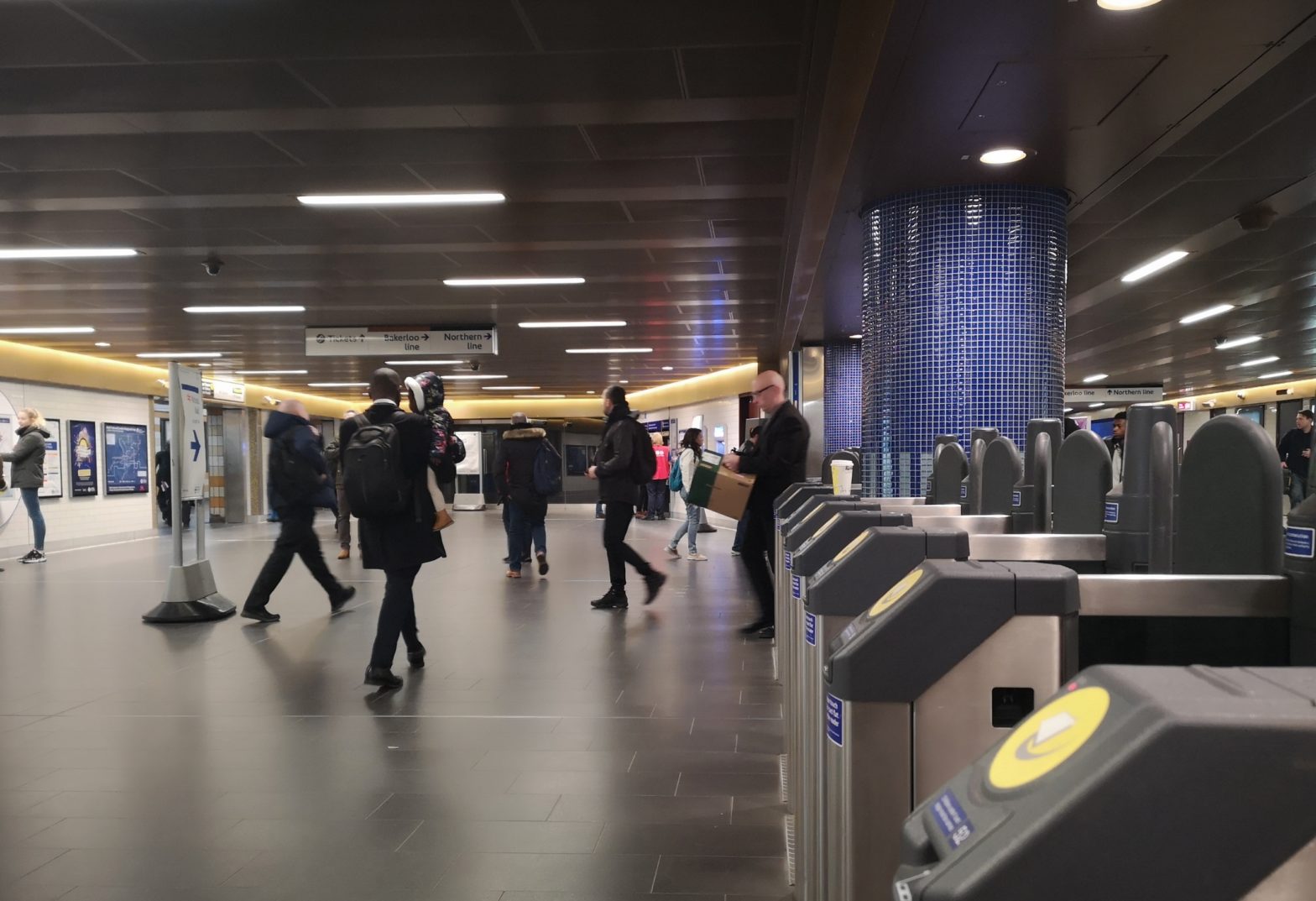
Photo: 48308357552_fd52195c91_z
Lyft and Uber slam Boston’s fee hike plan
05 August 2019
by Christopher Carey
Ride-hailing company Lyft has labelled Boston’s plans to introduce a range of additional charges on transport network companies (TNCs) and their customers as “misguided public policy” that is “detrimental to millions of riders and drivers.”
The fee hikes have been proposed by the mayor, Martin Walsh, to better deal with congestion, yet legislation needs to be passed at the state level. Walsh presented the plan to the Massachusetts State House in late July.
Proposals in the bill entitled “An act relative to transportation network company rider assessments” include:
- A passenger charge of 6.25 percent of the total fare for single-occupancy trips and 3 percent of the total fare for shared trips (with half of the revenue going to the district where the miles were driven, and the other half to the Commonwealth [the state] Transportation Fund and MassDevelopment–the state’s economic development and finance agency).
- A TNC charge of US$0.20 per mile for all miles travelled with no passengers during peak hours (with half of the revenue going to the district where the miles were driven, and the other half to the Commonwealth Transportation Fund and MassDevelopment).
All zero-emission vehicles would be exempt from the latter.
Campbell Matthews, Communications Manger at Lyft told Cities Today: “Increasing the cost of ride-sharing could lead to more people driving their own cars, which would increase the number of vehicles on the road. To truly have an impact on congestion, it’s critical that lawmakers apply any proposed solution equally to all vehicles, including personal and commercial.”
Uber, Lyft and other ride-hailing companies are currently charged US$0.20 per ride under state law. The revenue collected from that fee–approximately US$16 million last year–goes to local governments, the state’s transportation fund and the taxi industry.
Boston alone took in more than half of the money allocated for cities and towns–US$3.5 million of the US$6.5 million raised.
The proposed legislation would mean a US$1.24 cent fee on a US$20 single occupancy ride.
Ana Vivas, Deputy Press Secretary at Mayor Walsh’s office told Cities Today the fare percentage model [6.25 and 3 percent] would “more adequately influence rider behaviour, having a direct impact on consumers’ mode choice”.
The city has stated that the ultimate goal is to increase shared trips and decrease short, single-occupancy trips.
An Uber spokesperson said: “Ride-share vehicles represent a small fraction of cars in Boston and new taxes targeting ride-share customers [will] punish Bostonians who don’t have a car while doing little to invest in much needed improvements to transit.”
In 2018, ride-share companies provided 81.3 million rides in Massachusetts, approximately 25 percent more than in 2017.
Nearly 52 percent of the trips (42.2 million) originated in Boston, an increase of 21 percent over 2017.







